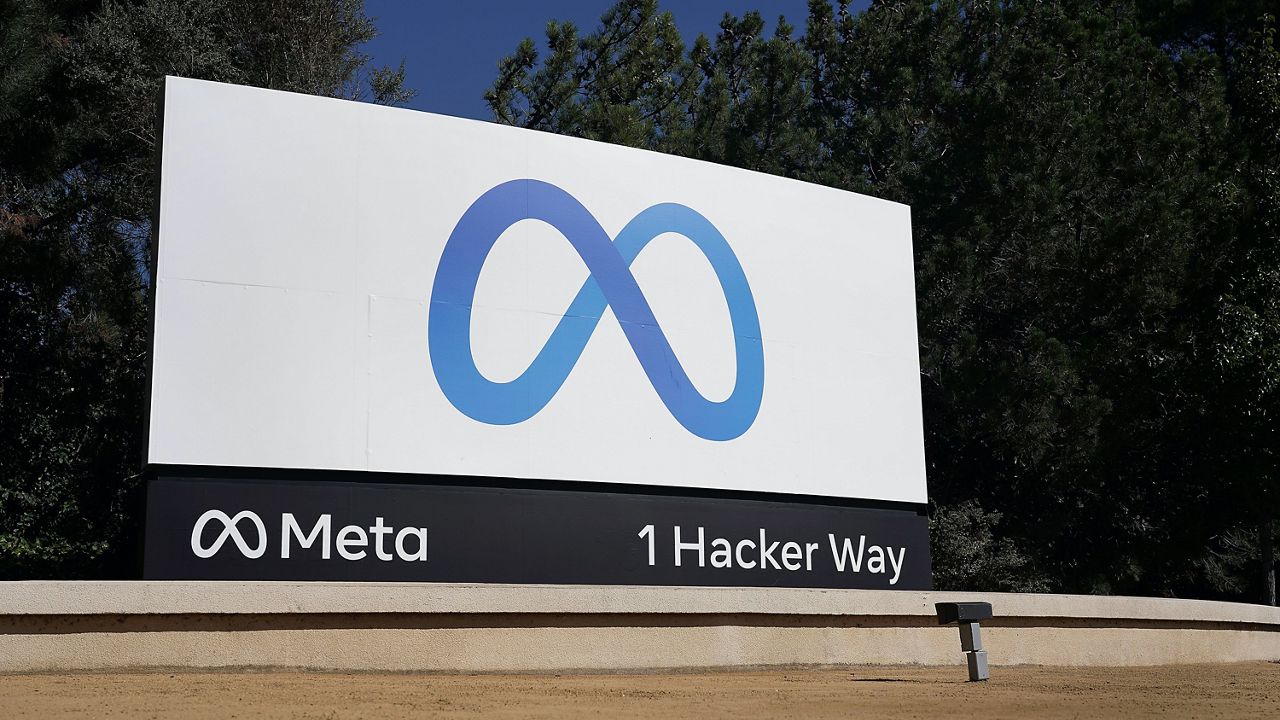A group of writers, including Pulitzer Prize winner Michael Chabon, is suing Meta for its alleged illegal use of their work to train the company’s artificial intelligence software.
The lawsuit comes less than a week after the group sued OpenAI on the same grounds, alleging the tech company profits from illegally using the authors’ copyrighted materials.
The lawsuit against Meta Platforms was filed in San Francisco Superior Court Tuesday and claims the tech behemoth taught its Llama AI software using pirated versions of their work. Introduced in February, Llama is a so-called large language model that uses sequences of words to predict a subsequent word and generate text.
In addition to Chabon, playwright David Henry Hwang and authors Rachel Louise Snyder, Ayelet Waldman and Matthew Klam are part of both lawsuits, each of which are seeking class action status.
The five writers were part of a group of more than 10,000 authors who signed a letter in July that was sent to the chief executives of leading AI companies, including Meta and OpenAI, as well as Alphabet, IBM and Microsoft. The letter called out the companies for using the writers’ copyrighted works to train their AI systems and asked them to obtain consent forms and provide compensation for doing so.
Comedian and author Sarah Silverman filed a similar lawsuit against OpenAI and Meta in July, accusing them of copyright infringement, following another lawsuit against OpenAI filed in June by the authors Paul Tremblay and Mona Awad.
In August, OpenAI responded to those lawsuits, saying the authors “misconceive the scope of copyright, failing to take into account the limitations and exceptions (including fair use) that properly leave room for innovations like the large language models now at the forefront of artificial intelligence."
Meta Platforms told Spectrum News it has no comment on the lawsuit at this time.



